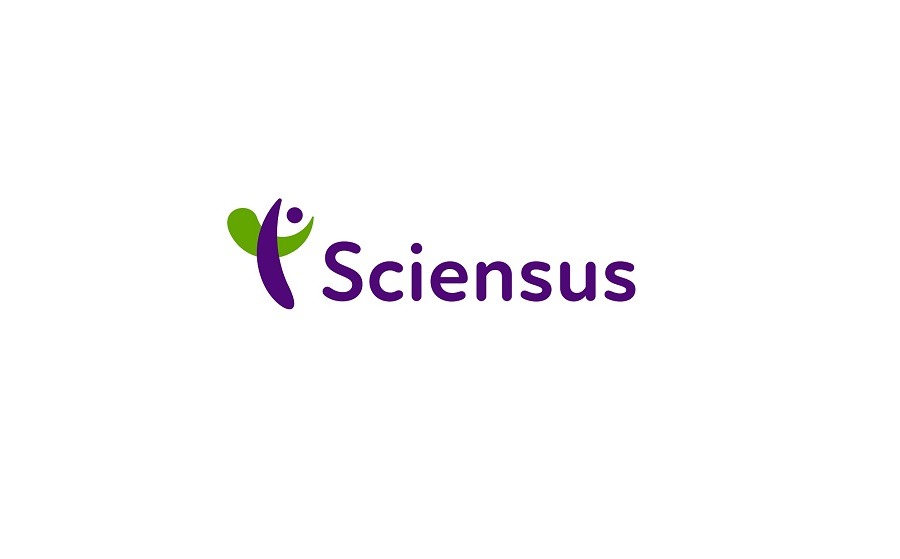
Accessing and supporting EU rare disease patients: a quick guide
Overcoming challenges in finding rare disease patients in Europe
Rare diseases mean rare patients. In Europe ‘rare’ is defined as affecting no more than 1 person in 2,0001. So where do you start if you are looking to launch your groundbreaking orphan drug in the European Union (EU)?
Yes, artificial intelligence (AI) is being used extensively at both patient and clinician level to try and typify each one, but ensuring access to your new treatment requires more than just technological advancements. It demands having the right people on the ground.
To achieve success, you need in-country expertise that can connect with a diverse range of influencers at the patient, clinician and payor level.

Finding Patients
Every journey is unique, characterized by a multitude of interactions with various clinicians within the healthcare system of their respective European country. So, it is necessary to define and map the patient journey specific to each market by engaging with patient organizations and advocacy groups that will help identify patient characteristics, challenges, and offers valuable insights into their journeys.
Finding Clinicians
It’s essential to locate the key specialist centres and clinicians and establish robust relationship with them. This ensures the appropriate introduction of your product through viable access routes, according to that country’s regulations and evidence needs for a new rare disease product.
Discussing with payors
It’s critical to understand how the treatment will be funded, the influence a payor holds and their responsiveness at national, regional and local level. Additionally, navigating commercial realities such as buying groups, wholesalers, tenders, and retail pharmacies is imperative.
Patient support programs provide a complete wraparound service
Once you have the patients, how will you ensure you’re optimizing success? Taking a drug is only one aspect of improving health outcomes. Patients also need high-quality and multidisciplinary healthcare support to help ensure they adhere to treatment, and that they know how to manage the side effects. This helps them get the best out of their medication.
For this reason, more pharmaceutical companies are running patient support programs (PSPs) to improve patient outcomes, boost relationships with local healthcare practitioners, and make their product and organization stand out from the crowd.

PSPs supplement and reinforce patient care
PSPs can enhance patients’ understanding of their own condition and how better to care for themselves. They can be used to help with disease and symptom management by adding complementary therapies, emotional support, and enhanced training for patients and their families.
PSPs can also increase prescriptions
When a new product comes along, clinicians can feel nervous but if they see patients thriving on a product, they gain confidence and are likely to put more patients on it.
PSPs present an opportunity for real-world data capture
Real-world data provides observational data – as opposed to data collected in an experimental setting – and is becoming increasingly important to payors for reimbursement purposes. Also, looking at patients’ issues may help pharmaceutical companies identify what to change in the next treatment evolution to optimize patient journey.
Do not assume that a one-size-fits-all approach will work
You need to focus on the individual patient experience to really understand what it is like to live with the disease and take this information and engage with lead doctors, research organizations, and patient advocacy groups to validate the findings and gain more insight. This will help develop a blueprint to define the key features of your patient support program, that can be adapted to fit national regulations.
As mentioned, each country within Europe has its own regulations on patient care so it’s important to have a good understanding of the national regulation for patient support programs across the whole of Europe.

Unlock the potential of your orphan drug in the EU with Sciensus
Sciensus is a European network dedicated to getting rare medicines to hard-to-reach patients worldwide.
For over 30 years, we’ve delivered on every aspect of this vital transaction; from early access all the way to full commercialization, including patient support programs.
We’re undaunted by the complexities of language, red tape, or local rules and regulations.
With our guidance, you can successfully navigate the path, ensuring access and improving the lives of patients in need.
To learn more please visit: Rare Diseases and Orphan Drugs or contact us at: patients.found@sciensus.com

